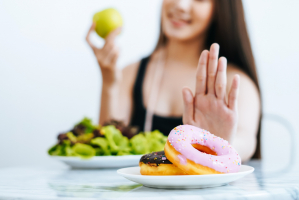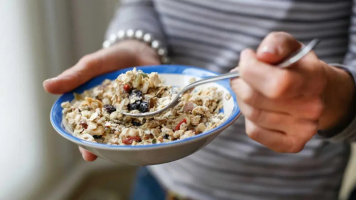Top 5 Best Ways to Stop Eating at Night
Many people eat late at night, even when they are not hungry. Nighttime eating can cause you to consume more calories than you need, resulting in weight gain. ... read more...It is a mental health condition characterized by recurrent episodes of overeating accompanied by feelings of guilt, shame, and loss of control. In addition to counseling and support, this article explores the best ways to help you overcome nighttime eating. Read on for more information.
-
Getting into a routine may help if you're overeating because you're not eating enough during the day. Structured eating and sleeping schedules can help you spread your food intake throughout the day, leaving you less hungry at night. When it comes to controlling your food intake and weight, getting enough sleep is critical. Lack of sleep and short sleep duration has been linked to higher calorie intake and poor-quality diets, according to a 2015 review of studies. Poor sleep can increase your risk of developing obesity and other chronic diseases over time.
However, as the review noted, while sleep plays an important role in eating patterns, other factors such as appetite-related hormones and time frames around food intake are also involved. Having set eating and sleeping times can help you separate the two activities, especially if you are prone to waking up in the middle of the night to eat.

Use a routine 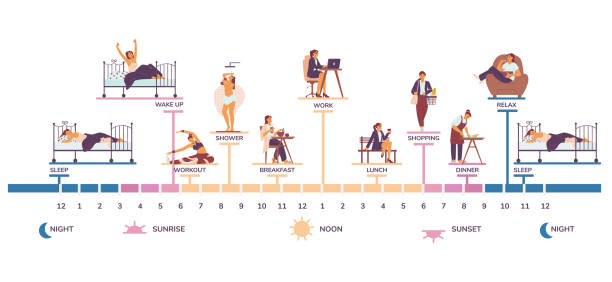
Use a routine -
You may also benefit from using a meal plan as part of your routine. Planning your meals and eating healthy snacks can help reduce the likelihood of you eating on the spur of the moment and making poor food choices.
A 2013 study looked at the connection between food and impulsive behavior. Participants in the study were either overweight or obese people who had BED or did not have the condition. The findings revealed that the mere sight of food can activate the body's reward and disinhibition responses. This occurred more frequently in participants who had BED, according to the researchers. A meal plan can also help you spread your food out throughout the day, which can help keep hunger at bay.
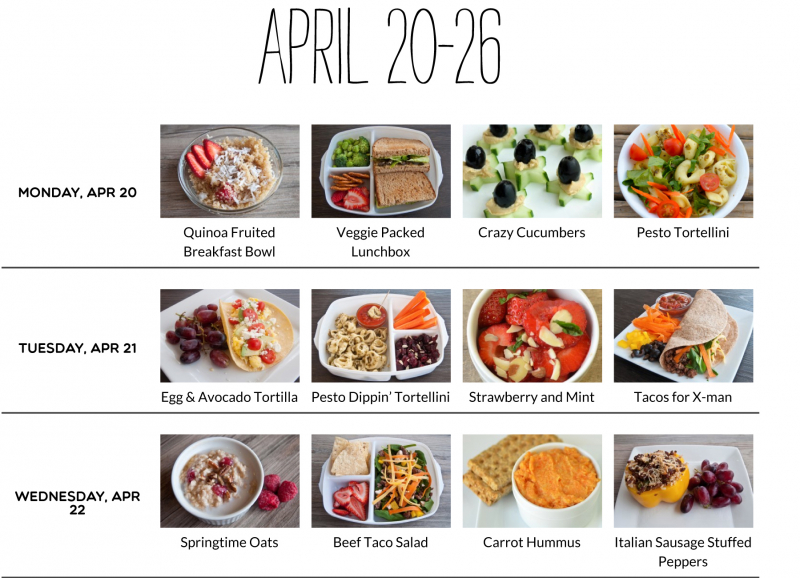
Plan your meals 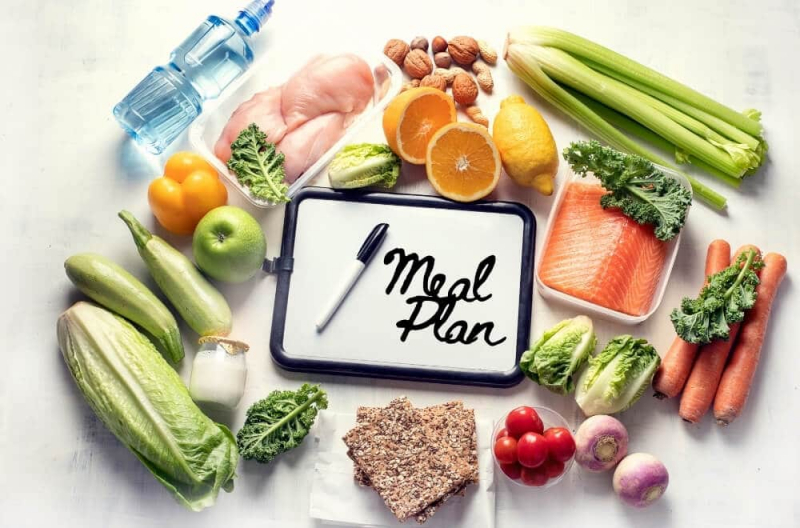
Plan your meals -
Overeating at night has been linked to erratic eating patterns, which are frequently labeled as disordered eating. Eating at regular intervals throughout the day, in accordance with "normal" eating patterns, can assist in keeping your blood sugar stable. It can also help you avoid feeling hungry, tired, irritable, or having a perceived lack of food, all of which can lead to a binge. When you are extremely hungry, you are more likely to make poor food choices and gravitate toward high fat, high sugar, and processed foods.
According to research, people who eat three or more times per day have better appetite control and are less likely to gain weight. Eating less than three times per day is thought to impair your ability to control your appetite and food choices. It is important to note, however, that results in this area have been mixed. The best eating frequency for managing hunger and the amount of food consumed is likely to differ between individuals.

Eat regularly throughout the day 
Eat regularly throughout the day -
Perhaps you've tried everything and still crave a snack or dessert. Consider dessert to be a treat and make it worth your time. If you eat dessert every night, chances are you don't enjoy it as much as you would if you only ate it on occasion. Make an occasion of it by going out for a small ice cream cone once a week. If you find that you prefer a small treat before bed, keep it to around 150 calories.
Some suggestions:
- 1 container of low-fat Greek yogurt with under 5 grams of sugar (you can freeze it so it's ice cream consistency)
- 1 low-fat pudding cup
- 1 1/2 cup frozen strawberries (frozen fruit takes a long time to eat and is refreshing)
- 3 cups of air-popped popcorn
- 1/2 cup of ice cream
- 1 slice of whole-grain bread with a teaspoon of nut butter (almond, peanut, cashew)
- 1 piece of fresh fruit (size of tennis ball), 1 cup of berries, or 1 cup melon
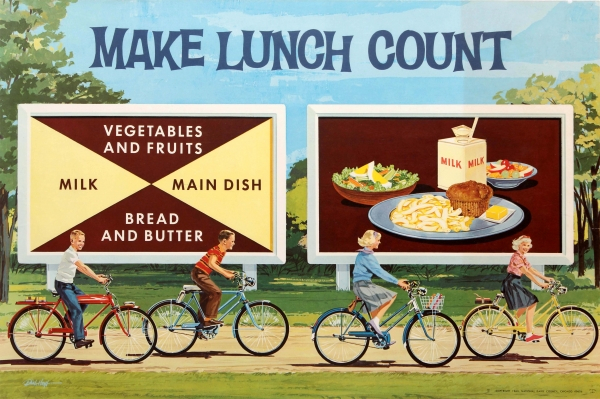
Make Your Snack Count 
Make Your Snack Count -
Isn't it true that what's out of sight, out of mind? If you have a preference for certain foods in the evening, don't buy them. Try to limit your intake of what you already have in the house, and then avoid purchasing again once you've finished it. You can't eat it if it's not there. Restock your kitchen with nutritious foods. If you need a quick snack, you should have a variety of nutritious and satisfying options to choose from.
Dairy products such as milk, ice cream, and cheese are well-known triggers that cause unpleasant gassy symptoms. Another common culprit is fructose, which is found in both processed and unprocessed foods, including certain fruits such as pears and apples.
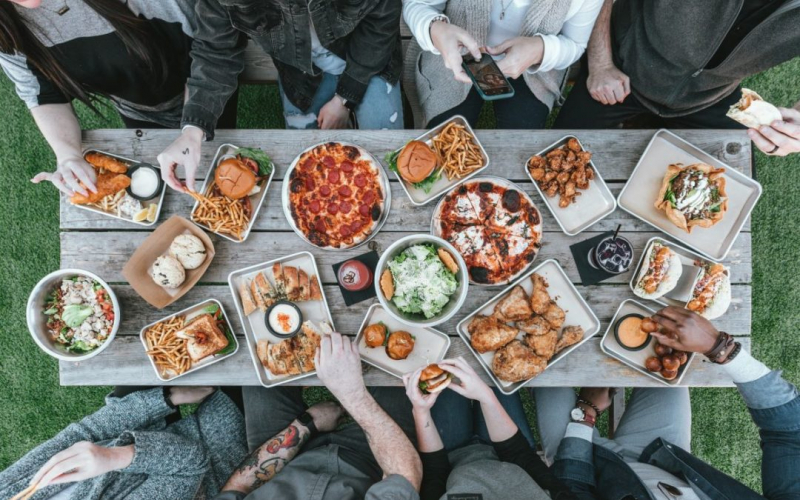
Remove Your Trigger Foods 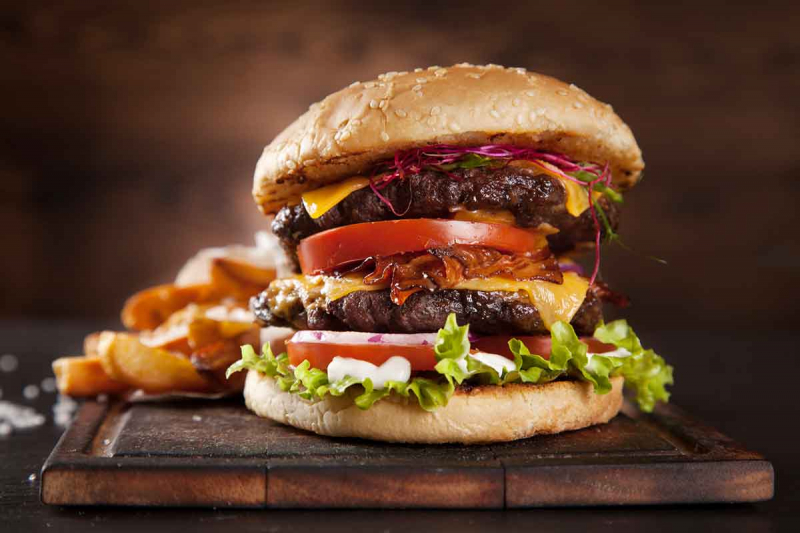
Remove Your Trigger Foods







